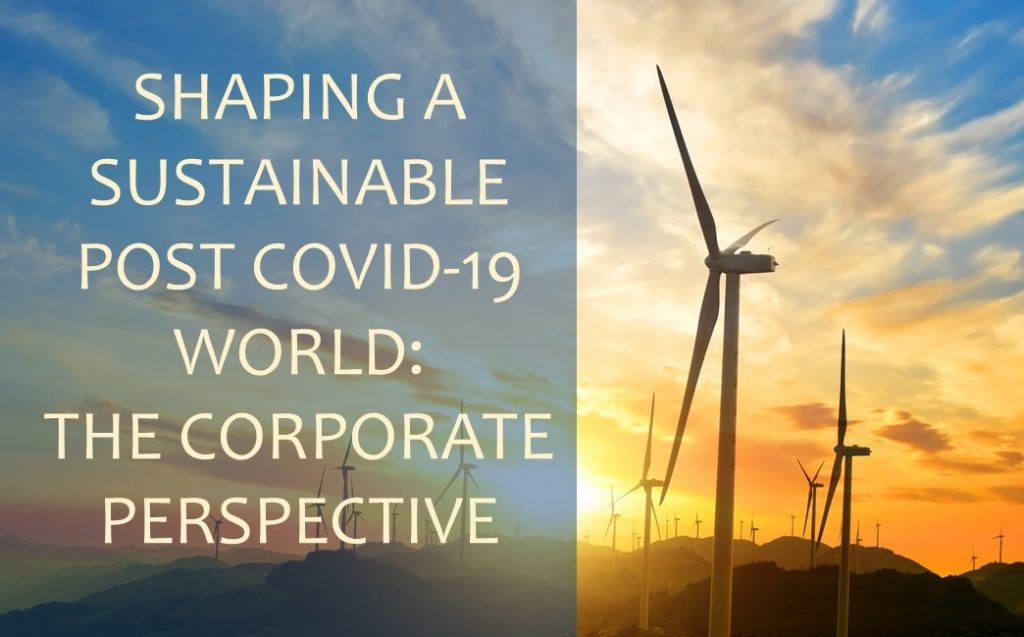COVID-19 pandemic is an unprecedented global crisis. The crisis has impacted almost every nation. Caught off guard, nations, organizations and sectors are reeling from its impacts and several small and large organisations are likely to face an existential crisis.
The not for profit sector in India is dependent on funding from individuals, corporates and philanthropies. In the economic uncertainty caused by the pandemic, funding support for the sector is contracting. Corporates, a key source for funding for non-profits, have had to divert funds towards other COVID-19 response channels – PM CARES Fund, CM relief fund, etc. Shrinking CSR budgets for next year will impact non profit operations and many smaller organisations may struggle to remain afloat.
Given the prolonged nature of the current crisis, the path to survival and sustainability for non-profits will need a fundamental reimagining of their strategic and operating models. COVID-19 has forced most organizations to pivot and adapt. Non-profits will need to do the same so that they continue to play a crucial role in delivering impact effectively and at scale.
In this webinar, listen to our members Hindustan Unilever Foundation and Sterlite Tech Foundation, on what systematic changes they have brought in their giving strategies, to ensure sustainable post-COVID-19 world.
Key Takeaways
- What is the onus on foundations/CSR in their partnerships with NGOs in these times?
- How can foundations/CSR enable NGOs to adapt their organisational and programmatic strategies to respond to the needs of the hour and emerge stronger from the current crisis?
- How can foundations extend support beyond financial grants?

















